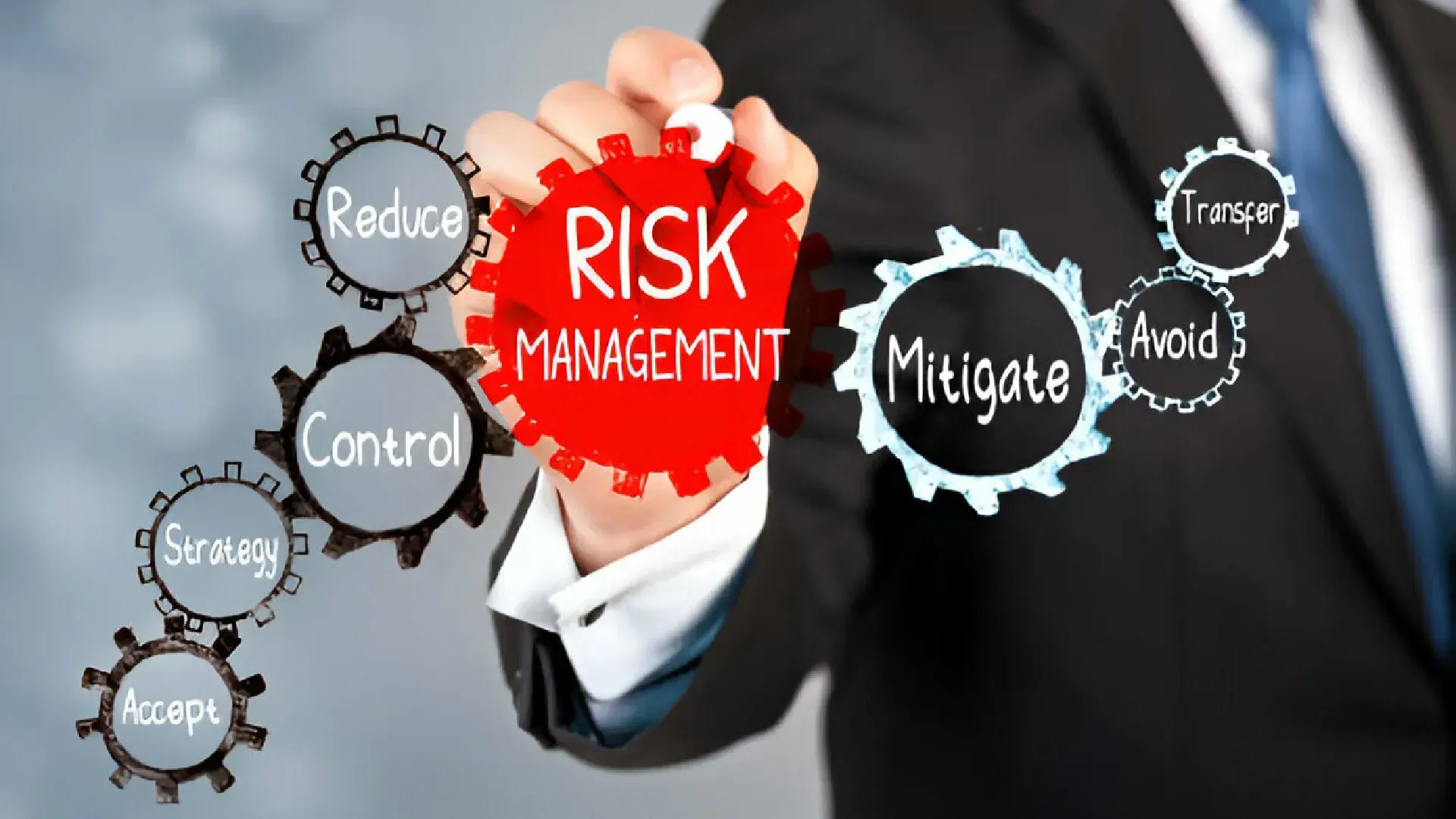Common Pitfalls in Commercial Real Estate Investments

Commercial real estate investing presents lucrative opportunities for wealth creation, but navigating this complex landscape requires careful consideration and diligence. While the potential rewards are substantial, so too are the risks. In this comprehensive guide, we'll delve into the common pitfalls that investors often encounter in commercial real estate and discuss strategies to avoid them. Whether you're a seasoned investor or a newcomer to the field, understanding these pitfalls is essential for success in the competitive world of commercial real estate.
Understanding the Market
Before diving into specific pitfalls, it's crucial to have a solid grasp of the commercial real estate market. Unlike residential real estate, the commercial sector operates on different dynamics influenced by factors such as economic trends, industry performance, and local market conditions. Without a thorough understanding of these factors, investors may find themselves susceptible to various pitfalls.
1. Lack of Due Diligence
One of the most common pitfalls in commercial real estate investing is a failure to conduct comprehensive due diligence. Rushing into a deal without thoroughly researching the property, market, and potential risks can lead to costly mistakes down the line. Investors should carefully evaluate factors such as property condition, tenant quality, lease terms, zoning regulations, and environmental issues before making any investment decisions.
2. Overleveraging
Overleveraging occurs when investors borrow excessively to finance a property purchase, resulting in high debt levels relative to the property's income and value. While leverage can amplify returns in a rising market, it also increases the risk of financial distress during economic downturns or periods of low occupancy. Investors should exercise caution and maintain conservative debt levels to mitigate the risk of default and foreclosure.
3. Underestimating Operating Expenses
Another common pitfall is underestimating the true operating expenses associated with owning and managing commercial properties. In addition to mortgage payments, investors must account for property taxes, insurance, maintenance costs, utilities, property management fees, and reserves for capital expenditures. Failing to budget adequately for these expenses can erode cash flow and reduce overall profitability.

4. Misjudging Market Trends
Successful commercial real estate investing requires a keen understanding of market trends and dynamics. Misjudging market conditions, such as oversupply or changing demand patterns, can lead to vacancies, declining rents, and diminished property values. Investors should stay informed about macroeconomic indicators, demographic shifts, and industry trends to make informed investment decisions and adapt to changing market conditions.
5. Ignoring Property Management
Effective property management is essential for maximizing the performance and value of commercial real estate assets. Neglecting property management duties, such as tenant relations, maintenance, and lease administration, can result in tenant dissatisfaction, increased vacancies, and deteriorating property conditions. Investors should either develop robust management capabilities or enlist the services of professional property management firms to ensure the optimal operation of their assets.
Conclusion
Commercial real estate investing offers significant potential for wealth creation, but it also carries inherent risks. By understanding and avoiding common pitfalls such as inadequate due diligence, overleveraging, underestimating expenses, misjudging market trends, and neglecting property management, investors can enhance their chances of success in this competitive market. With careful planning, diligent research, and prudent decision-making, investors can navigate the terrain of commercial real estate and unlock its wealth-building opportunities.
CONTACT US
Call 855-400-2254 or send us an email
VISIT US
55 Ivan Allen Jr. Blvd, Suite 340 Atlanta, GA 30308-3050
MAIL TO
55 Ivan Allen Jr. Blvd, Suite 340 Atlanta, GA 30308-3050






